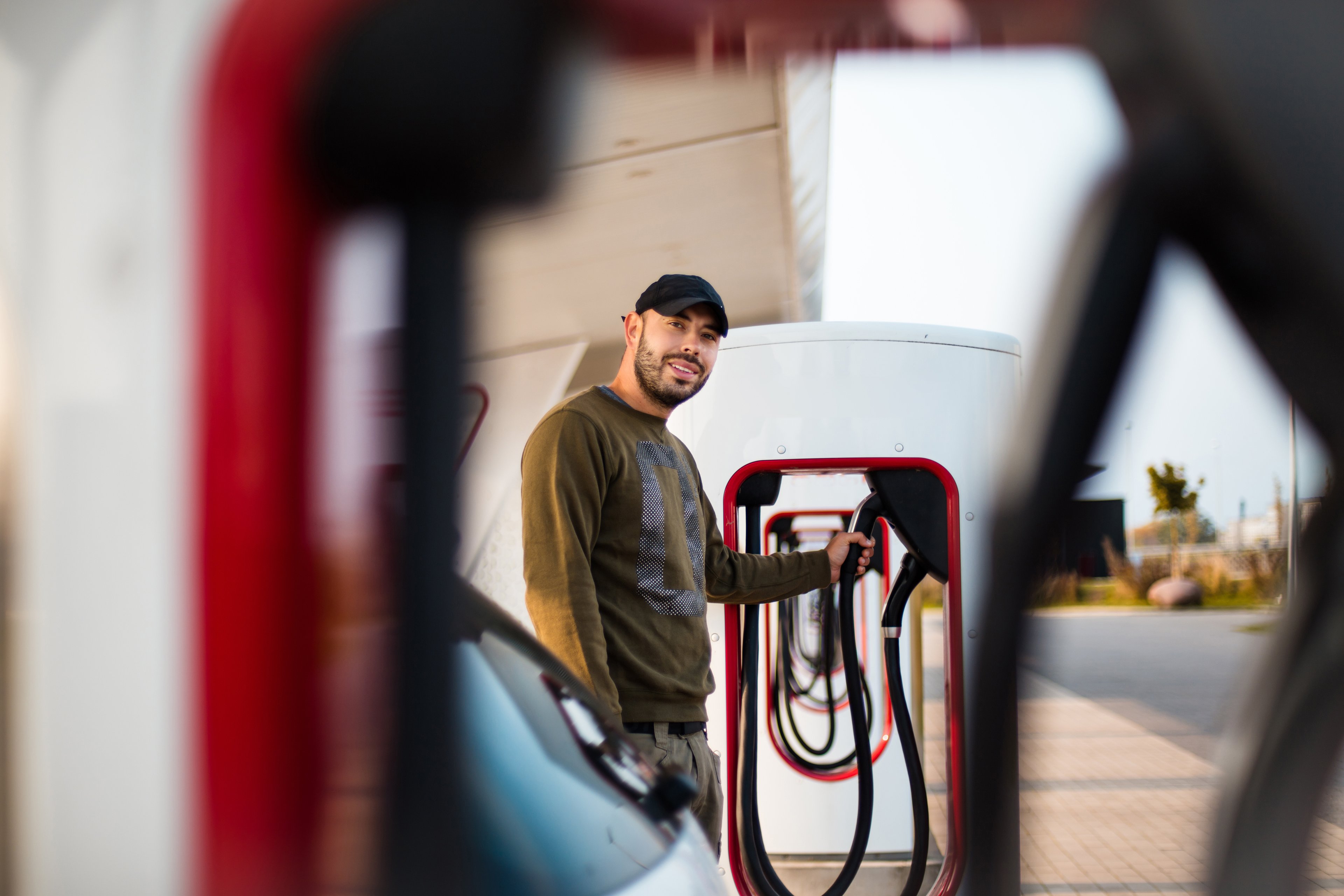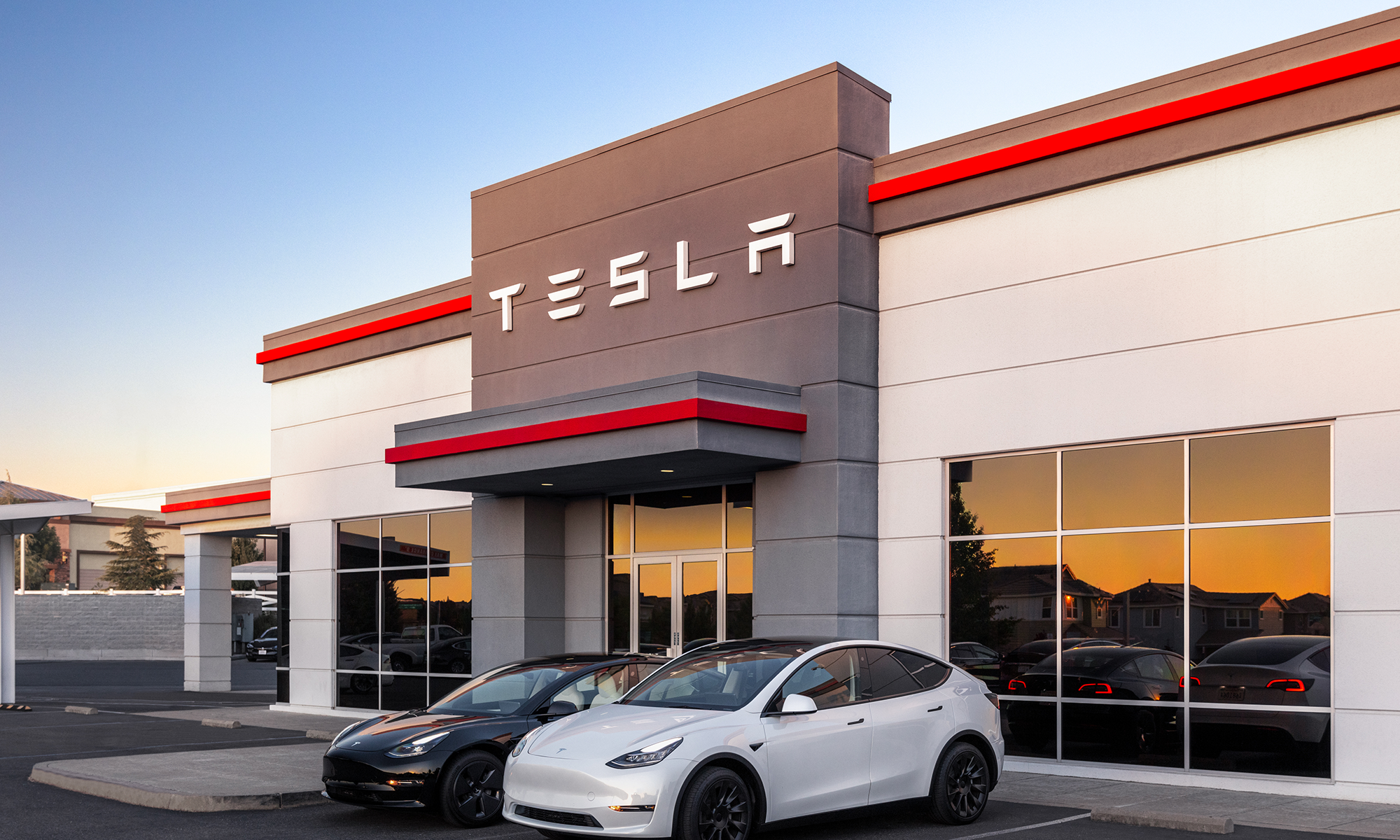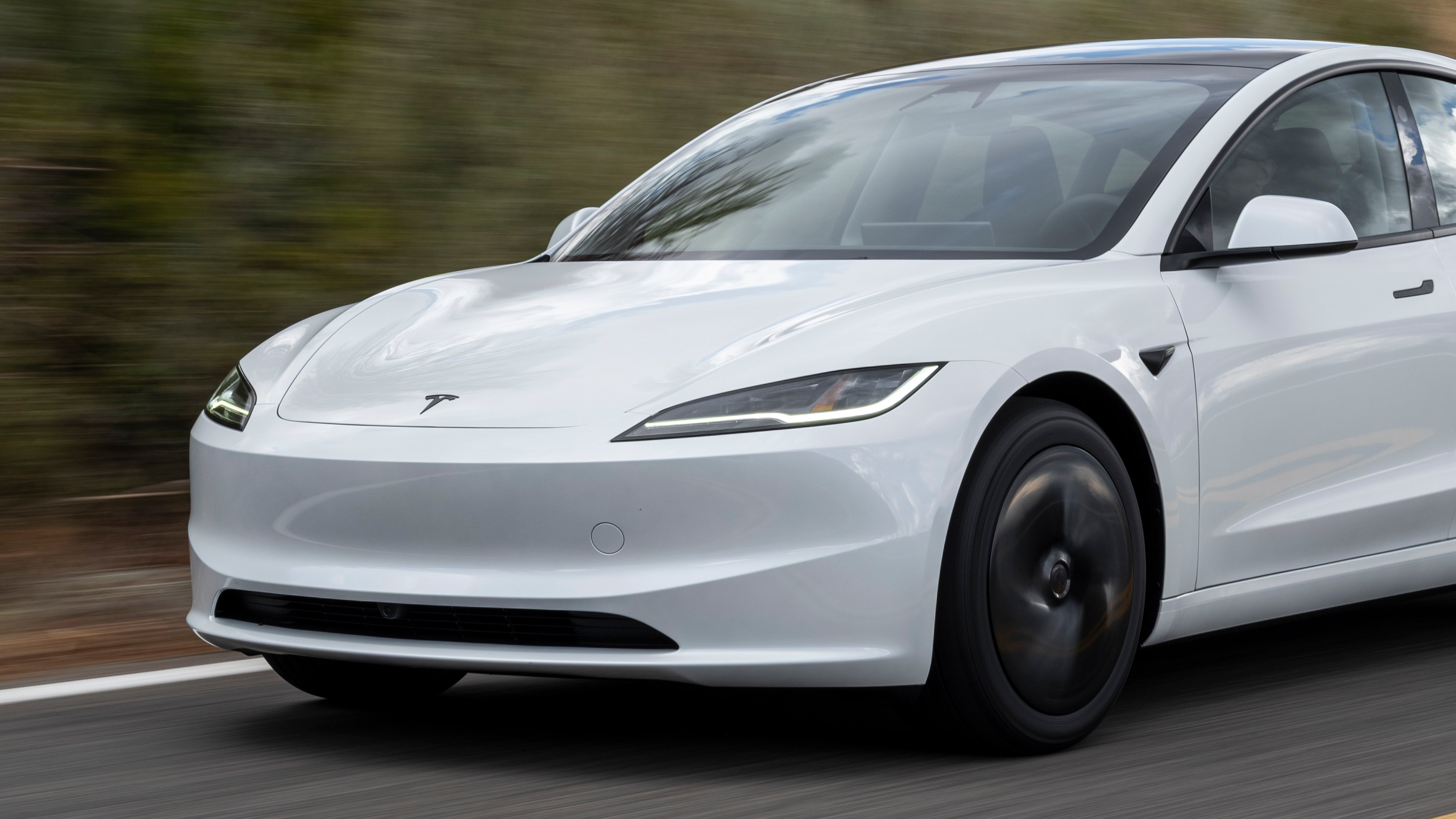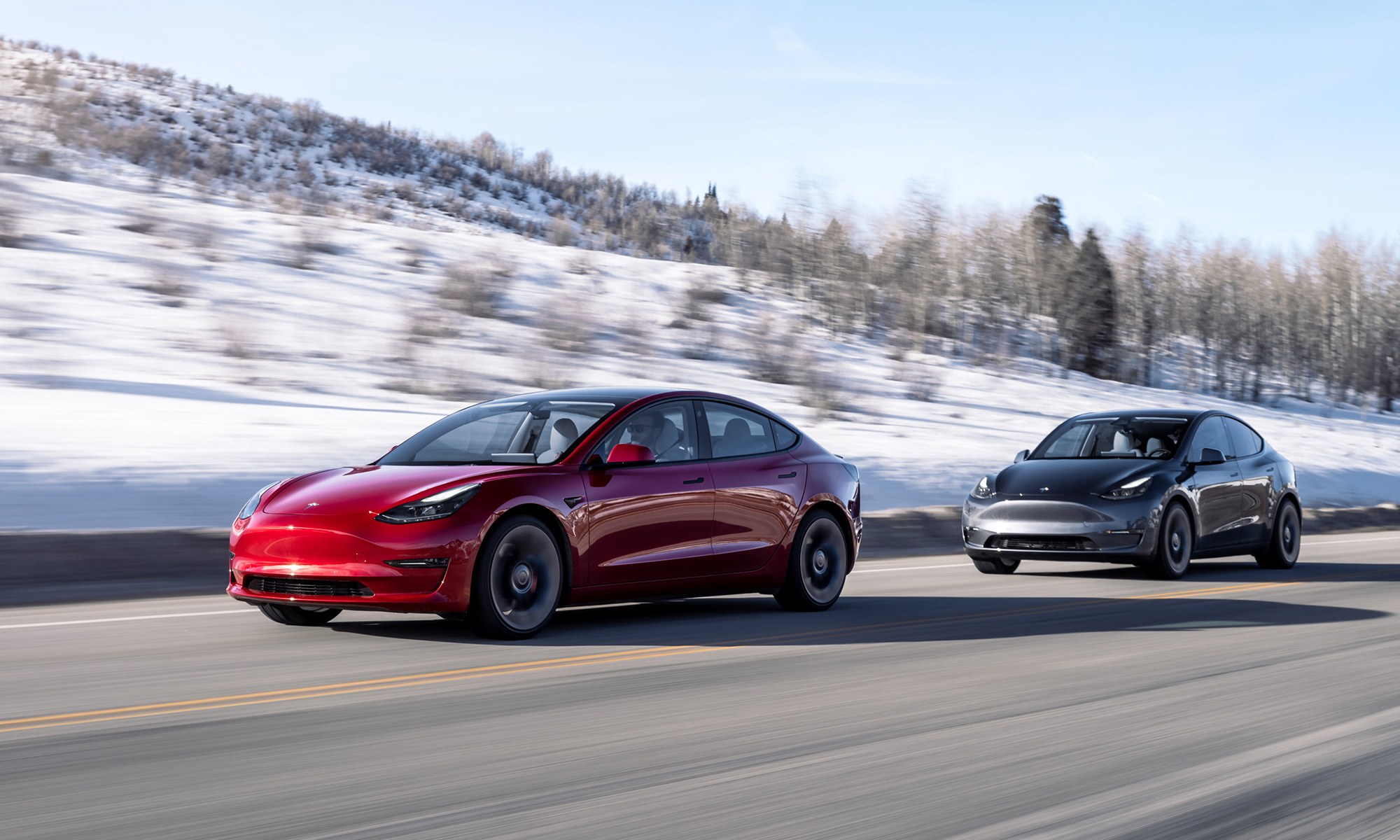You can't turn on CNBC today, or open a newspaper without hearing about Tesla Motors (TSLA +2.57%) record quarterly results. The electric carmaker released its second-quarter earnings this week, which beat Wall Street estimates. Tesla's increased production and margins were most impressive, with record sales of 5,150 Model S cars, and a gross margin of 22% in the quarter.
However, to be fair, this 22% gross margin that Tesla CEO Elon Musk refers to in the shareholder letter is on a non-GAAP basis. That's because the 22% factors in revenue from the sale of pollution credits, which Tesla sold to other automakers in the quarter. Nevertheless, the company's quarterly results were remarkable, even when using generally accepted accounting principles. As a result, shares of Tesla are up nearly 15% today at about $153 apiece.
Investing in the future
The stock has almost quadrupled in value this year, so it's not surprising that most analysts believe the stock is too richly valued to buy at its current levels. Barclays jumped on the bandwagon today, downgrading the stock to a hold, noting that shares look fully valued at recent levels. However, I disagree.
True, at its current valuation, the stock has a market cap of $18 billion. That's about 25% of Ford's market value, when Tesla's total sales for the month of July amounted to just 1% of Ford's total sales in the same period, according to research from Autodata. While this example demonstrates Tesla's ever-climbing valuation, it also highlights a flaw in the way investors are analyzing the company.
Unlike Ford, Tesla only makes and sells fully electric vehicles, and it does so with much less economies of scale than Ford and other manufacturers today. Of course, this will change as Tesla ramps up production. However, one of the ways that Tesla has been able to succeed without being heavily reliant on economy of scale is through automation.
Tesla's cars are built almost entirely by robots capable of producing one car part every six seconds. While traditional automakers also use machines, Tesla is able to keep plant costs low by relying mostly on automated processes. For example, "Instead of investing in a fixed conveyor-line system to carry vehicles to different production stations, the Tesla factory uses automated carriers that follow a magnetic tape strip guiding them through the production process," a Bloomberg report explained.
Only 3,000 factory employees work at Tesla's Fremont, California plant. Yet, these automated processes allow a Model S to go from raw materials to being finished on the inspection line in about three to five days. The company also saves money by making parts onsite, whereas large-volume auto factories must outsource these functions to various suppliers.
Tesla's business model of selling direct to consumers is another factor that sets Tesla apart from traditional automakers. Together, these things make it difficult, in my opinion, to value Tesla using the same metrics you would big autos. Cult following, long term strategy, visionary leadership... these are things that can't be quantified. Yet, these are the very things that have carried Tesla from the most-shorted stock on the Nasdaq, to one of the best-performing companies in the S&P 500 this year.
Traditional automakers are even trying to mimic Tesla's success in the niche market of electrified driving. In fact, General Motors recently organized an internal team of GM employees to study Tesla and its disruptive impact on the industry, according to the Wall Street Journal.
Why Tesla still makes sense for long-term investors
Tesla has continued to speed ahead despite a lack of infrastructure for EVs in the U.S. The California-based company should gain even more momentum as it opens more Supercharging stations throughout the country in the years ahead. Additionally, Tesla is still in the early stages of opening retail stores both in the U.S. and internationally. In fact, the company delivered its first cars in Europe just this week.
Moreover, the EV maker could see outsized demand down the road as it begins expanding into Europe and Asia. As of its most recent quarter, Tesla operated 30 retail locations in North America, eight in Europe, and three in Asia. International markets offer a clear growth opportunity for Tesla going forward. Not only do I think Tesla will still be around in 10 years, but I also suspect its stock will continue to reward patient shareholders over that time. I've been a Tesla shareholder since 2011 when it traded around $27 a share, and I plan to hold on to shares for many more years to come.
Tesla is beginning to deliver cars in Asia, with plans to open its first store in China later this year. However, Tesla isn't the only automaker taking advantage of China's massive market.






